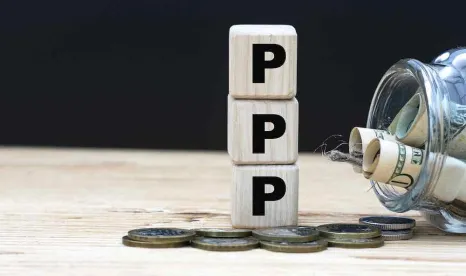When Congress recently passed Consolidated Appropriations Act of 2021, it explicitly reversed the IRS’s earlier position that expenses paid with non-taxable forgiven PPP loan proceeds could not be deducted. As a result of this legislation, the IRS recently issued Revenue Ruling 2021-2 confirming that the act reversed its prior guidance in Notice 2020-32 and Rev. Rul. 2020-27 which purported to deny a “double-dip” with those deductions. Thus, for federal income tax purposes the expenses paid with those funds should be fully deductible even if the forgiven PPP loans are non-taxable.
Mississippi should follow the new federal treatment due to legislation passed in 2020. House Bill 1748 was enacted to explicitly deny “a deduction for otherwise deductible payments paid with funds received under the Paycheck Protection Program (PPP) established by the Coronavirus Aid, Relief, and Economic Security (CARES) Act, but only to the extent those payments are not allowed as deductions for federal income tax purposes. To the extent such payments are allowed as deductions for federal income tax purposes, those expenses shall be deemed to have been incurred in connection with earning and distributing taxable income, notwithstanding that such payments resulted in forgiveness of loans received.”
This provision has since been codified as a new Section 27-7-109 in the tax code. (NOTE: as of this writing it does not appear this new statute is included in all reporting services, including the version provided to the public for free on the Mississippi Legislature’s website.)
The broad language in the new Section 27-7-109 should preclude the Department from taking the position that the expenses were incurred in generating non-taxable income and therefore non-deductible, as those types of expenses are generally disallowed via Miss. Code Ann. Section 27-7-17(1)(a) (“Expense incurred in connection with earning and distributing nontaxable income is not an allowable deduction”).
With the 2021 Legislature currently in session, however, taxpayers should monitor proposed legislation in the event a bill is introduced to re-establish that non-deductibility.



 />i
/>i
